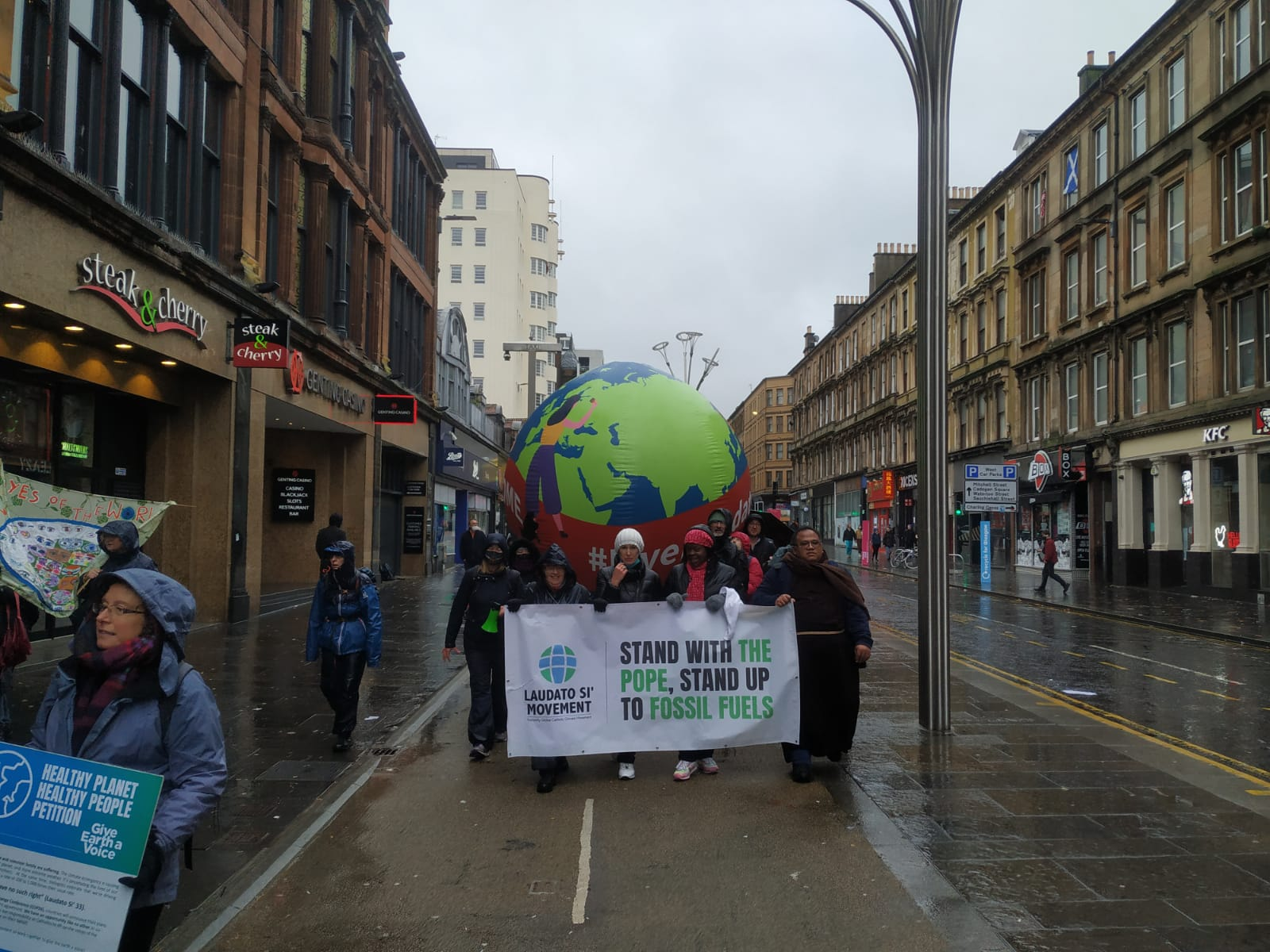Jesus speaks of the one who fell into the hands of robbers, but this represents all the men and women, assaulted, outraged, abused, unemployed, exploited, who have fallen into the hands of robbers throughout the ages. That fellow also represents all the poverty of today. Just as the brigands represent the whole structure of personal and social sin in our time. The fact that Jesus makes us find the poor man “on the road” is very significant, very relevant for us Comboni missionaries: all “the joys and the hopes, the griefs and the anxieties of the men of this age, especially those who are poor or in any way afflicted, these are the joys and hopes, the griefs and anxieties of the followers of Christ” (GS 1 and FT 56).
The Church’s social praxis is engaged on both these fronts: in direct service to people in need, and in action for social transformation, for overcoming structures of sin. Thanks also to the development of the social sciences, today the Church has at her disposal tools for critically evaluating social situations from a structural, not just a spiritual and moral point of view.
Our response to the cry of the poor, therefore, will not be the same everywhere. Rather, it will be specific, starting from the local socio-economic, political, cultural and religious context, aware of the type of poverty we face. For us Comboni missionaries, the “road” is the call to “go forth”. We are called to leave behind ourselves, our comfort zone, and move towards “the road”, towards a fraternal encounter with the poor. We must be clear that we are not “monachus“, we are not made for the cloistered life, and that we must be open to the poor. We cannot barricade ourselves behind what has already been done by us or by others. Nor can we think that age excludes us from contact with the poor, nor allow us to close our hearts or the doors of our houses to them! Are we willing to invite the poor to share our lives?
We are missionaries called to go forth, without being protagonists, rahter with “compassion” (FT 67) which then involves others and which in the end will be an inspiration for the poor to become dignified protagonists of compassion and fraternity: “They will do to them what has been done to them” (Lk 6:31; Mt 7:12). Fraternity in our communities, and collaboration with the Comboni Family, prefigures the Kingdom of God, manifest when we come out of ourselves, embrace, elaborate, and live relationships as brothers and sisters, in equality, without clericalism, as the Cenacle of apostles that Comboni intended.
As Pope Francis points out, “When our hearts do [take on this attitude of fraternal love], they are capable of identifying with others without worrying about where they were born or come from. In the process, we come to experience others as our ‘own flesh’ (Is 58:7)” (FT 84).



